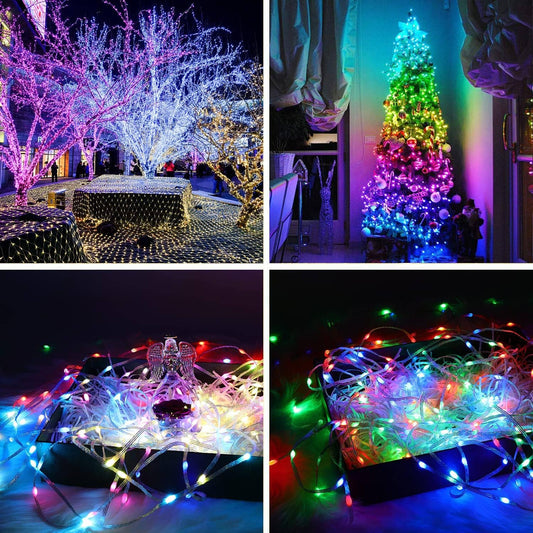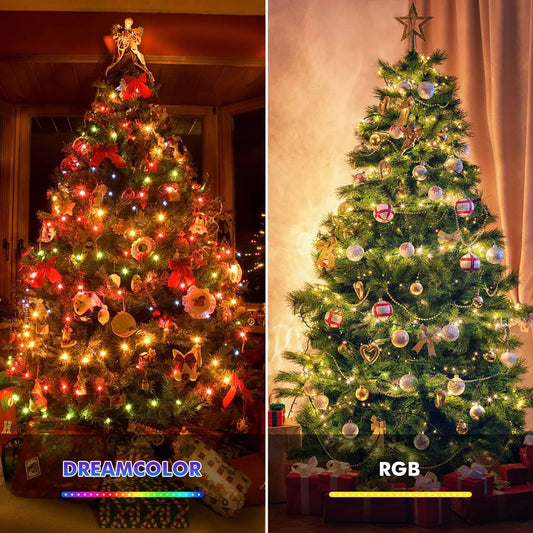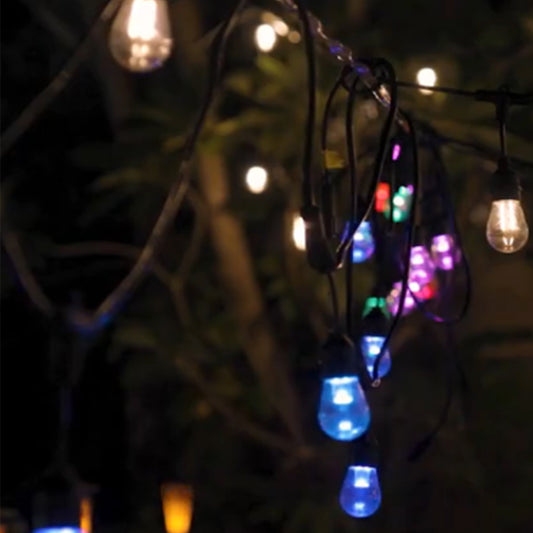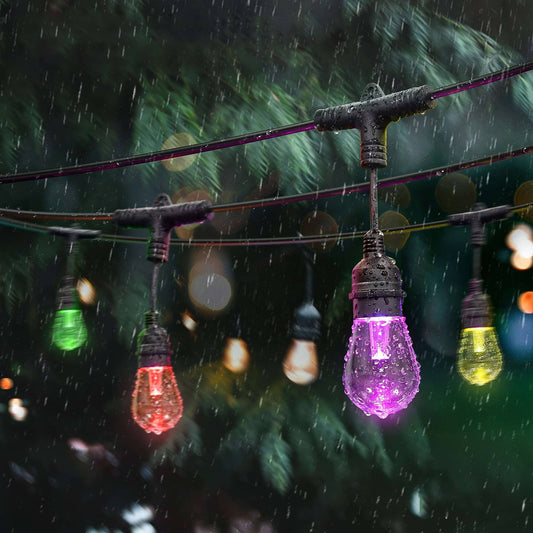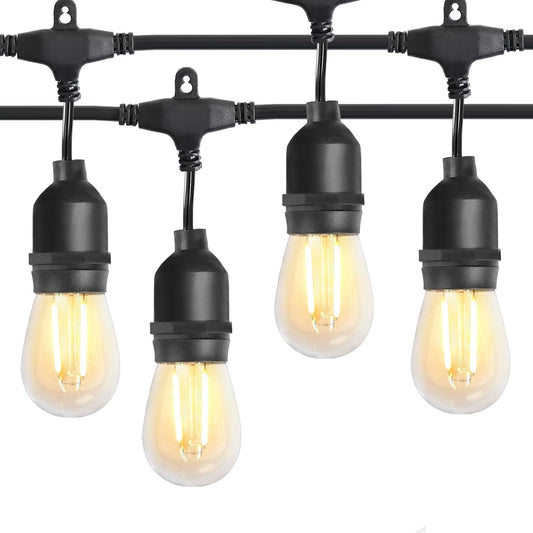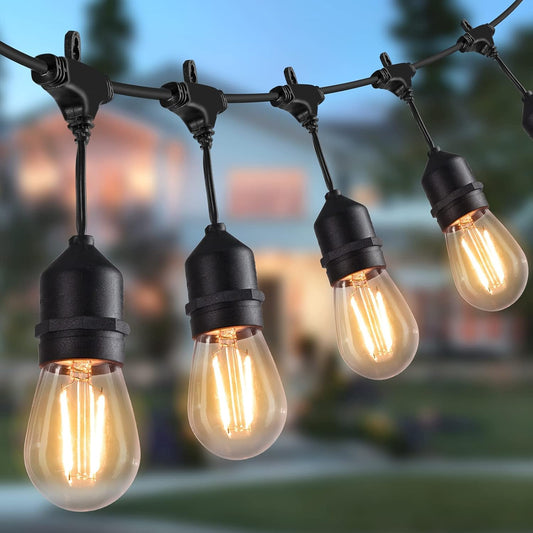컬렉션: Smart LED String Lights: Brighten Your Outdoor Living Spaces
Transform your outdoor space with our Smart LED String Lights. These innovative lights not only add a touch of whimsy but also offer versatility for any occasion. Perfect for patios, gardens, or parties, our lights come with multiple color options and settings. You can easily adjust the brightness or change colors with a simple tap on your smartphone.
Our Smart LED String Lights are built to withstand the elements, making them ideal for outdoor use. Designed for durability, they are both energy-efficient and long-lasting. Encased in high-quality materials, they are safe to use and can illuminate your evenings for years to come.
Ease of installation makes these lights a favorite among DIY enthusiasts. Hang them across patios, wrap them around trees, or create your own unique light display. The possibilities are endless. With our Smart LED String Lights, you can effortlessly set the mood, whether it’s for a cozy family dinner or a vibrant outdoor gathering.
Explore the easy integration with smart home systems. Control your lights with voice commands or use a dedicated app for remote access. Adjust settings, set schedules, or synchronize them with music for a dynamic experience.
Our collection of Smart LED String Lights ensures you find the perfect match for your decor and style. Whether you prefer classic white lights or a rainbow of colors, we have options to fit your preferences. Enjoy light shows that enhance your landscape and create unforgettable memories. Discover the blend of technology and charm with our remarkable selection of lights today.



